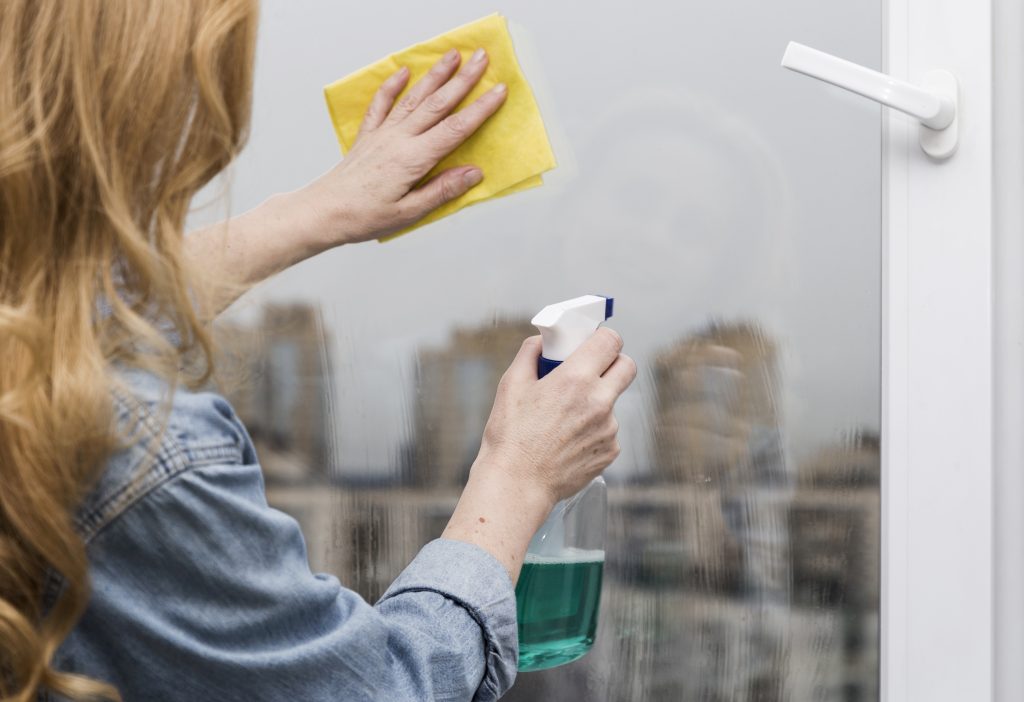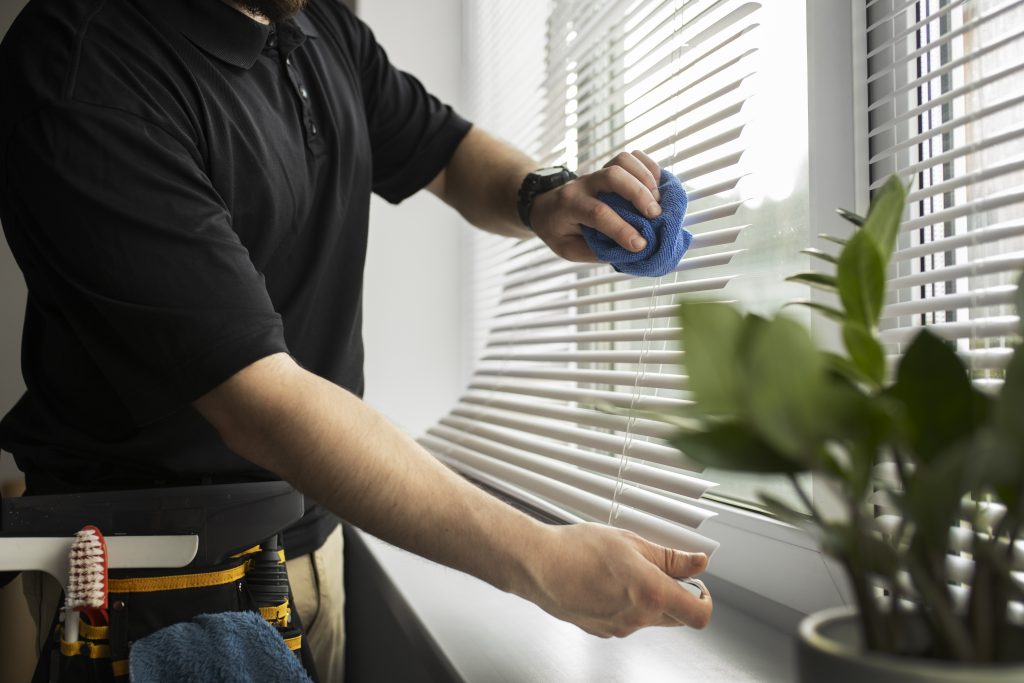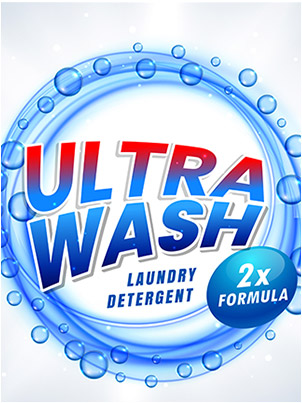How Dirty Windows Impact Indoor Air Quality
The majority of individuals consider ventilation, air filters, and HVAC systems when discussing indoor air quality (IAQ). But one element that is frequently disregarded is unclean windows. These seemingly small surfaces have the potential to cause allergies, mildew, and pollutants to accumulate, which can have a negative impact on your health. In this article, we’ll look at how filthy windows affect indoor air quality (IAQ) and offer some tips for making your house a better place.

The Connection Between Dirty Windows and Poor Indoor Air Quality
Because they provide natural circulation and let in sunshine, windows are essential for controlling the indoor air quality. When they get dirty, they jeopardize IAQ in a number of ways. Here’s how to do it:
1. Accumulation of Dust and Allergen
- A source of allergens is formed when dust, pollen, and pet dander are drawn to dirty windows and lodge in cracks and nooks.
- The risk of allergies and respiratory issues can rise as a result of these particles being redistributed into the inside air over time by air currents caused by opening and closing windows.
- Poor ventilation due to blocked or grimy window surfaces limits the fresh air exchange, trapping pollutants inside.
2. Mold Growth and Moisture Retention
- Windows are susceptible to condensation accumulation, particularly during seasonal temperature changes. This dampness encourages the formation of mold on windowsills and frames if they are not cleaned.
- Mold spores have the ability to spread through the air and cause respiratory problems such as asthma.
- In addition to encouraging bacterial development, high humidity near unclean windows can further contaminate the air.
3. Decreased Sunlight and its Effect on IAQ
- Mold spores are decreased and germs are naturally killed by sunlight. But if windows are unclean, sunlight cannot reach interior rooms, depriving them of its cleansing power.
- Reduced sunshine can raise humidity levels, which can promote the growth of dangerous germs that degrade the quality of the air.
4. Chemical Residue buildup
- Windows exposed to outdoor pollution (such as vehicle exhaust and factory emissions) can accumulate chemical residues over time.

- When these residues enter the indoor environment, they introduce volatile organic compounds (VOCs), which contribute to poor IAQ and can cause headaches, nausea, and dizziness.
- If harsh cleaning products are used but not wiped thoroughly, chemical residues from cleaners may linger on windows, further degrading air quality.
5. Blockage of Natural Air Flow
- The natural movement of air between the inside and outside is restricted by dust and debris that accumulates on dirty windows and screens.
- Higher concentrations of indoor pollutants, such as carbon dioxide (CO2), are caused by inadequate ventilation and can have a negative impact on productivity and cognitive function.
How to Improve Indoor Air Quality by Cleaning Windows
1. Regular Cleaning Routine
- Clean windows at least every 3 to 6 months to remove dirt, dust, and pollen buildup.
- Don’t forget to wipe down frames, tracks, and screens to prevent mold and allergen accumulation.
2. Use Non-Toxic Cleaners
- Opt for eco-friendly, non-toxic cleaners to avoid introducing VOCs into your home.
- Homemade solutions like vinegar and water work well without leaving harmful residues.
3. Check for Mold and Mildew
- Inspect windowsills regularly and treat any signs of mold immediately using hydrogen peroxide or baking soda.
4. Optimize Ventilation
- Keep windows open whenever possible to enhance air circulation and maintain healthy humidity levels.
5. Upgrade Window Treatments
- Install UV-blocking films or shades to reduce condensation and prevent the growth of mold and bacteria.

Conclusion
Dirty windows do more than reduce the aesthetic appeal of your home—they significantly impact indoor air quality by harboring allergens, promoting mold growth, and blocking sunlight. By scheduling regular professional window cleaning, you not only enhance your home’s appearance but also ensure a cleaner, healthier living space.
Investing in a professional cleaning service means more than just sparkling windows—it’s about protecting your health, improving ventilation, and ensuring that your indoor environment is as fresh as it looks. Clean windows are your gateway to cleaner, fresher air!



Leave a Reply